Photo Credit: Rego
Michael Learmonth, interviewing YouTube's new CEO Susan Wojcicki for Ad Age:
Ms. Wojcicki, YouTube's newly-named CEO, is trying to fix that problem the old-fashioned way: with TV ads, billboards, subway wraps and magazine pages. That's right -- Google, the world's single-biggest seller of advertising, has decided it needs to buy some to boost one of its brands, just as CBS, ABC and Fox do. Those companies spend tens of millions of dollars on advertising -- not to mention promotion on their own networks -- to launch new shows. Now, YouTube will be doing a lot of tried-and-true, tune-in advertising over the next few years using media it's trying to disrupt.
"Think of the last TV show you watched -- it was probably marketed to you in some way," said Ms. Wojcicki. "If you look at our top creators, they have a lot of subscribers; it's all categories like entertainment, health and beauty, food, cooking, and yet I think a lot of times advertisers and users don't know about these channels.
That's been one of the challenges: How do you highlight them?"
Welcome to the third major evolution of YouTube's business.
If you thought Netflix muscling its way into the Emmys with House of Cards and Arrested Development was groundbreaking, just wait until the first YouTube creator hits it really, really big. It's going to happen, and I don't mean in a Rebecca-Black-schadenfreude sort of way. (It's tempting to view Black as one of the very first to catapult from YouTube into mainstream "stardom" but the Star Wars Kid and other unfortunate cultural punching bags preceded her.)
One might argue that pioneers like Felicia Day have already reached a certain level of pop culture fame but, as much as I admire what Day has done with the Geek and Sundry channel, it still falls a bit short of House of Cards-level awareness. Of course House of Cards has the advantage of true Hollywood star power in leads Kevin Spacey and Robin Wright, but Netflix has also been doing well with a cast of relative unknowns on Orange is the New Black, which actually had better viewership last summer than either Cards or Arrested Development.
If Netflix can do it, there's no reason to think we aren't due for a breakout hit that is wholly original to YouTube. Name talent from "outside" the YouTube ecosystem may be necessary to capture the public's attention, but the company and its CEO seem determined to break free of the "cats on skateboards" image, despite failed experiments that went before.
I suspect that part of YouTube's problem is that their "living room" experience is unrefined and erratic, particularly when compared to that of Netflix. Every Netflix client I've seen, from the desktop to the iPhone to (my favorite) the Playstation 3, presents the user with a curated, balanced set of content that changes -- but not too much and always with the user's tastes and activity in mind. The Netflix interface invites you to settle in, snuggle up to your remote control, and binge-watch four episodes of House, M.D. in one evening. YouTube, on the other hand, seems to want you to hop from one 3-minute video snippet to the next. The interface is littered with distractions. Embed this! Spread that! Read this annotation! Click the link! Like it like it like it and for pity's sake, leave a comment. Netflix's users swim languorously through an ocean of video. YouTube has an ocean too, but its users are forever skipping across its surface.
YouTube (left) and Netflix (right) -- which one makes you want to waste multiple hours of your life on the couch?
Of course video is just video, and YouTube could provide a similar experience to its watchers, particularly if it amassed a library of studio content to go along with its colossal archive of user-contributed material. It would need to charge a fee to access that content, but YouTube already dabbles in movies for rent on its platform. A flat-fee streaming subscription wouldn't be hard to implement. (YouTube Premium, anyone?) But these are all just details and, frankly, secondary to providing truly great exclusive content as Netflix has done. My Drunk Kitchen (a refreshing antidote to the food fetish programming that has taken over the Food Network) may be one of the most genuinely funny web series ever made, but it won't keep audiences glued to their couches in the way that polished narrative television can. (Never mind what it would do to Hannah Hart's liver.)
Many words have been devoted to the exodus of great drama from feature films in favor of long-form television series in the last decade, driven by streaming series, yes, but also by heavy-hitting cable shows like Mad Men, Homeland, and Breaking Bad. I tend to think this is largely a cyclical phenomenon as artistic and business trends push talented people from one side of the fence to the other and back again. Pauline Kael famously bemoaned the then-current state of the movies in The New Yorker back in 1980. In the 2000s the television drama was declared dead as reality TV took over the airwaves with a vengeance that hadn't been seen since Queen for a Day aired in the '50s. Neither format was ever a bastion of exclusively quality content, and both recovered from their dark days to deliver amazing stories of both drama and comedy. They will continue to wax and wane over coming years.
For the first time in recent memory, however, a new mode of television delivery has made a new business model (and a new form of the art) possible: an entire season of television released all at once, intended to be consumed marathon style, or at least as rapidly as one cares to digest a dozen or more episodes of a TV story. Netflix has embraced this model whole-heartedly, and they have audience metrics that would make Arthur Nielsen's head spin. Video streaming companies can measure every second of every video played, observe related viewer behavior (did you pause and rewind to see that particularly gruesome death scene again?), and get an answer to the question "does this series deserve another season" in days, if not hours.
Returning to YouTube: does it seem likely that the video-content arm of the information Goliath called Google – which aims to literally insert itself between your eyeballs and the world – doesn't want in on this action? With near-bottomless resources I'm betting they'll succeed, either by inventing their own hit series or by absorbing someone else's. (Don't forget that YouTube itself was an acquisition just 8 years ago.) Of course the question then is: how will they make money from it? Google tends not to charge for their consumer products, preferring instead to sell the attention of those consumers to advertisers. Will there be a monthly fee as with Netflix? Will we see embedded ads that point out the fashions being worn by the actors, tailored to our own user profiles? How exactly does that work in a living room environment where several people may be watching at once? Hulu's annoying and repetitive ads haven't exactly been a model of consumer experience success.
It is a fair bet that we will see a show that reaches serious pop culture awareness from YouTube in the near future, though I'm curious to see whether they'll go the Netflix route with high-end narrative TV or stay more in their comfort zone with some kind of news or talk show (as seems to be the case with the newly-minted YouTube Nation.) At least we can hope that by then someone will have invented a pleasant YouTube experience that you don't have to wear on your face.
Photo by Loic Le Meu.





